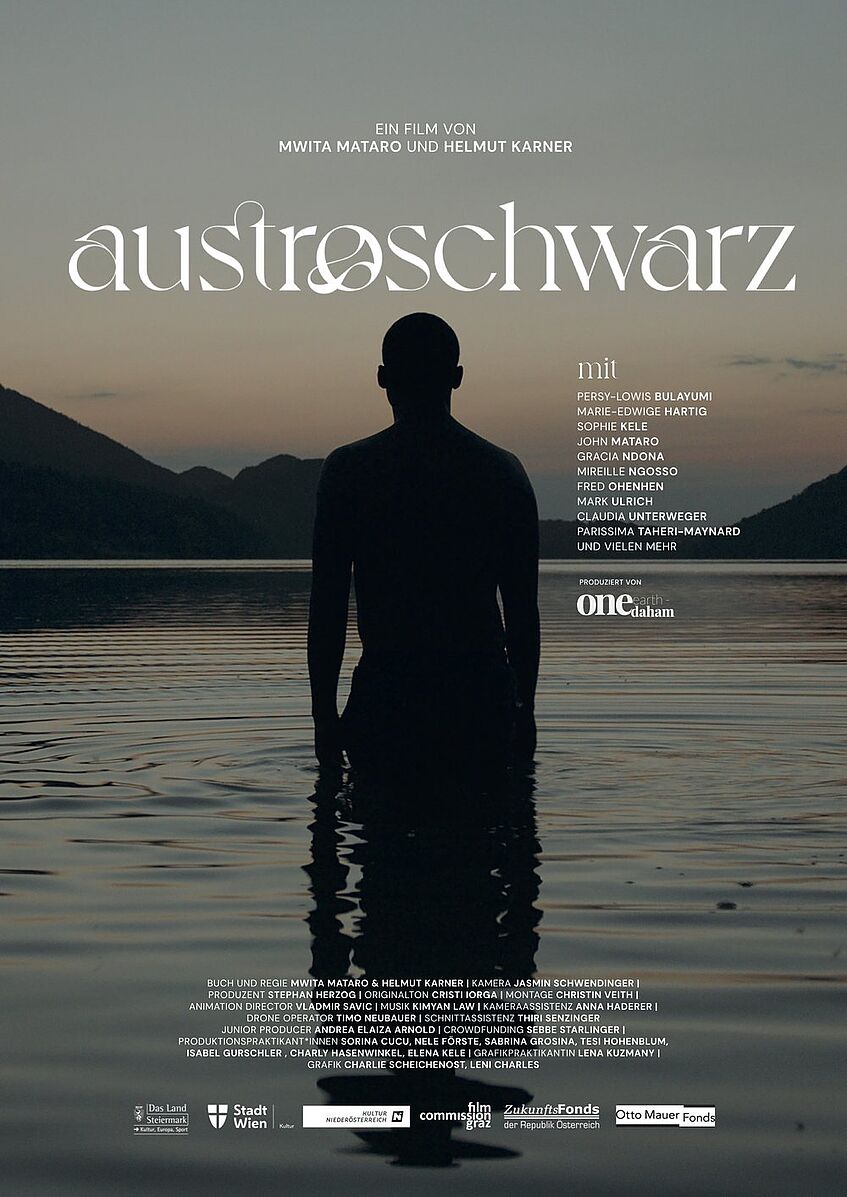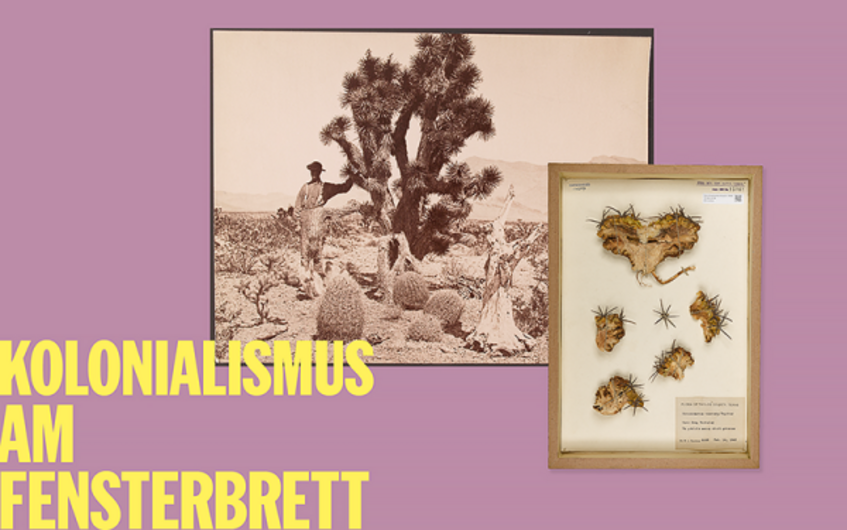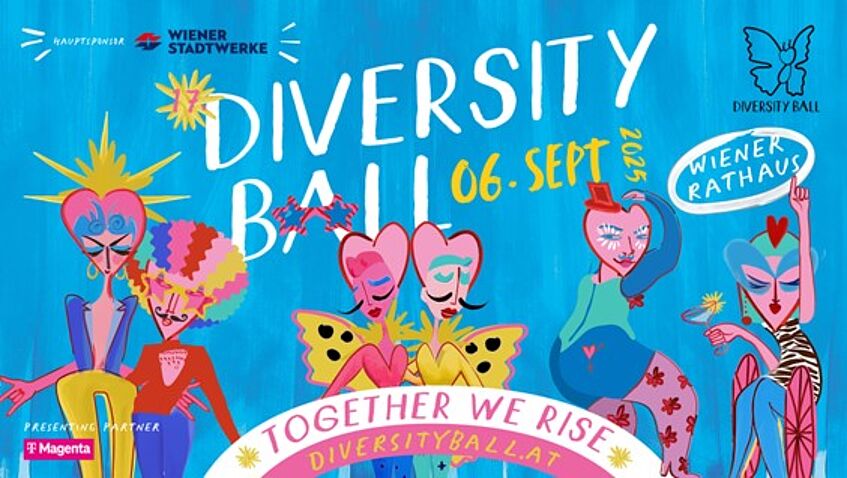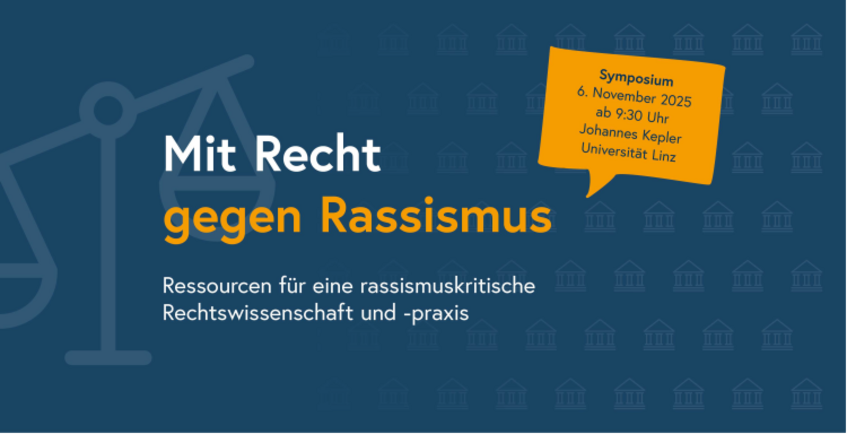International Literary Festival 2025
Authors' Reading Month in Bratislava in July 2025
will include a number of exiled African authors:
I am bringing this to your attention in case you would like to come. The format is a reading and an interview with the author, the sessions start 7PM in an open-air venue in the historical city centre. In particular, see
Aaiun Nin (Angola) on July 15
Mohamedou Ould Slahi Houbeinin (Mauritania) on July 18
Sami Tchak (Togo) on July 25
Veronique Tadjo (Ivory Coast) on July 26
Touhfat Mouhtare (the Comorros) on July 28
Mohsen Mohamed (Mauritania) on July 29
AUSTROSCHWARZ - ein Film über Heimat, Identität und Repräsentation

© Austroschwarz
AUSTROSCHWARZ - ein Film über Heimat, Identität und Repräsentation
Am Dienstag (20.05.2025) feierte AUSTROSCHWARZ eine umjubelte Premiere im Wiener Gartenbaukino – minutenlange Standing Ovation und tief bewegte Reaktionen machten den Abend zu einem besonderen Erlebnis.
Ab Freitag, 23.05.2025 ist der Film in diesen österreichischen Kinos zu sehen.
AUSTROSCHWARZ begleitet den Musiker Mwita Mataro auf einer filmischen Reise durch seine Heimat Österreich. In einer einzigartigen Verbindung aus Essay und spielerischer Animation erzählt er über Schwarz-Sein in Österreich, über Identität, Zusammenhalt und Kunst als Aktivismus. Der Film ermutigt, inspiriert und kommt genau zur richtigen Zeit.
Instagram AUSTROSCHWARZ
Instagram Filmladen Filmverleih
Trailer auf YouTube ansehen
Ein packender Film über Schwarzsein in Österreich. (Kurier)
Mwita Mataro ist ein brillant wacher Geist und ein ausgesprochen zugänglicher Mensch, der es schafft, das Publikum in seine Welt zu führen. (FM4)
Ausstellung: Kolonialismus am Fensterbrett

Ausstellung: Kolonialismus am Fensterbrett
Weltmuseum Wien, Neue Hofburg, Heldenplatz, 1010 Wien
Ausstellung: 28. Mai 2025 bis 25. Mai 2026
Die Ausstellung wirft einen Blick auf zehn unserer seit Jahrhunderten beliebtesten Zimmer- und Balkonpflanzen, deren natürlicher Lebensraum außerhalb Europas liegt. Diese Pflanzen haben eine ähnliche Geschichte wie unsere ethnografischen Sammlungen und gelangten teilweise gemeinsam mit den Objekten auf langen Schiffsreisen nach Europa und in die Museen.
Täglich außer Montag, 10 bis 18 Uhr
Dienstag, 10 bis 21 Uhr
Die Ausstellung im partizipativen Raum zam ist kostenlos zugänglich.
Radio Indaba – Aktuelle Neuigkeiten und Themen aus dem südlichen Afrika

Radio Indaba – Aktuelle Neuigkeiten und Themen aus dem südlichen Afrika
Nächste Ausgabe: Donnerstag, 5.6.2025, 16.00 Uhr
Thema: Reise des Bundespräsidenten nach Südafrika: Über die Beziehungen zwischen Südafrika und Österreich / Zamrock - Die Wiederentdeckung sambischer Rockmusik / Aktuelle Nachrichten aus Namibia, Südafrika und Sambia
Indaba bedeutet übersetzt aus dem isiZulu 'Neuigkeit' oder 'Gespräch'. Radio Indaba richtet alle zwei Monate das Spotlight auf aktuelle Themen, Neuigkeiten und Entwicklungen im südlichen Afrika. Wir berichten darüber und sprechen mit beteiligten Akteurinnen und Expertinnen, die uns wertvolle Perspektiven geben, die in der medialen Berichterstattung sonst zu wenig oder gar keinen Platz bekommen.
Auf Radio Indaba möchten wir vielen verschiedenen Themen Platz geben: Von Politik und Gesellschaft über Kunst und Kultur bis hin zu Wirtschaft und Ökologie: Wir sprechen darüber. Auch die Beziehungen zwischen Österreich/Europa und dem südlichen Afrika betrachten wir auf dieser Sendereihe. Fragen der globalen Ungleichheit und globaler Gerechtigkeit sind stets Leitmotive unserer kritischen Betrachtung. Zu guter Letzt ist Radio Indaba auch eine Plattform für Geschichten von Menschen aus dem südlichen Afrika, die in Wien und Österreich leben.
Hinter Radio Indaba steht die SADOCC – das „Dokumentations- und Kooperationszentrum Südliches Afrika" in Wien. Sie ist als NGO die direkte Nachfolgeorganisation der österreichischen Anti-Apartheid-Bewegung und versteht sich in ihrem nunmehr 30-jährigen Bestehen als Solidaritätsorganisation mit dem südlichen Afrika. Die regelmäßigen Veranstaltungen der SADOCC sind auch Gegenstand der Berichterstattung auf Radio Indaba.
Wir möchten einen Beitrag zur Medienlandschaft leisten, der gängige mediale Narrative über Afrika aufbricht und eine vollständigere, fairere und realitätsnähere Perspektive auf diese Zusammenhänge bietet. Für Radio Indaba ist es ein großes Anliegen, nicht in erster Linie ÜBER das südliche Afrika zu berichten, sondern vor allem Stimmen AUS dem südlichen Afrika eine Plattform zu bieten, und ein differenzierteres Bild afrikanischer Zusammenhänge zu fördern, in dem auch positiven Entwicklungen der Raum gegeben wird, den sie eigentlich verdienen.
Nachhören: https://cba.media/podcast/radio-indaba
Nelson-Mandela-Tag

Nelson-Mandela-Tag
Freitag, 18. Juli 2025
17:00 Uhr
Bereits zum neunten Mal zelebriert SADOCC gemeinsam mit der Seestädter Community Nelson Mandela und sein Vermächtnis als Aktivist für Menschenrechte. Begleiten Sie uns auf eine Kulturwanderung und feiern Sie mit uns den internationalen Nelson Mandela Gedenktag am 18. Juli.
Auch heuer wird es ein spannendes Programm geben, u.a. mit Beiträgen von Künstler:innen wie Andy Mkosi, Adana Dicko, Saxophonist Allan Landgraf. Auch für das leibliche Wohl ist im Rahmen eines gemütlichen Ausklangs im Nachbar_innentreff Yella Yella gesorgt.
Der Eintritt ist wie immer frei.
Weitere Infos und Details entnehmen Sie dem Programm.
Diversity Ball 2025 – TOGETHER WE RISE

Diversity Ball 2025 – TOGETHER WE RISE
Samstag, 6. September 2025
Wiener Rathaus I Friedrich-Schmidt-Platz 1, 1010 Wien
Unter dem inspirierenden Motto TOGETHER WE RISE lädt der Diversity Ball 2025 zu einem besonderen Abend ein – voller Feierlichkeit, Gemeinschaft und gegenseitiger Wertschätzung.
Das diesjährige Motto steht für die Kraft der Vielfalt: Wenn Menschen mit unterschiedlichen Hintergründen und Lebensrealitäten zusammenkommen, entsteht etwas Großes.
Symposium: Mit Recht gegen Rassismus. Ressourcen für eine rassismuskritische Rechtswissenschaft und -praxis

Symposium: Mit Recht gegen Rassismus. Ressourcen für eine rassismuskritische Rechtswissenschaft und -praxis
Donnerstag, 6. November 2025 |ab 9:30 Uhr
Johannes-Kepler-Universität Linz
Aktuelle Studien der Europäischen Grundrechteagentur zeigen, dass rassistische Diskriminierungen und Übergriffe in Europa in den letzten Jahren stark zugenommen haben. Rassistische Vorfälle werden von betroffenen Personen allerdings nur selten gemeldet; die Mehrheit der Betroffenen fürchtet, dass eine Meldung oder Anzeige folgenlos bleiben würde (FRA, Being Black in the EU, 2023 und Being Muslim in the EU, 2024).
Das Symposium schafft Raum für eine rassismuskritische Auseinandersetzung mit geltendem Recht, Rechtspraxis und Rechtswissenschaft. Bestehende theoretische Ansätze – wie die Critical Race Theory – werden aufgegriffen, um Rechtsgrundlagen, Institutionen, Praktiken sowie die dazugehörige Wissensproduktion kritisch auf ihre Rolle bei der Reproduktion oder Bekämpfung von Rassismen zu analysieren. Ziel ist es, Schutzpotentiale und Grenzen des Rechts auszuloten und Strategien sowie Methoden für ein wirksames, rassismuskritisches Arbeiten im Recht zu vermitteln und weiterzuentwickeln.
Die Veranstaltung richtet sich an Praktiker:innen und Wissenschaftler:innen. In Podien diskutieren Expert:innen aktuelle Herausforderungen und Ansätze zur Bekämpfung von Rassismus mit und im Recht. Das Angebot umfasst außerdem Workshops zu rassismuskritischen Grundlagen für Rechtsberufe und zu praxisorientierten Instrumenten für die Rechtsanwendung.
Folgende Themen stehen u.a. im Fokus:
Rassismuskritik an und mit den Grund- und Menschenrechten
Bekämpfung von Rassismus im Netz
Rassismuskritische Selbstreflexion für Institutionen
Strukturellen Rassismus beweisen
Legal Story Telling in Fällen von Rassismus
Speaker:innen
Eröffnung: Bundesministerin für Justiz Dr.in Anna Sporrer
Vortragende:
Prof. Dr. Cengiz Barskanmaz, Universität Fulda
Prof. Dr. Eddie Bruce-Jones, SOAS, University of London
Mag.a Azra Dizdarević, LL.M., BMWKMS
Mag. Hüseyin Güneş, MA, Gleichbehandlungsanwaltschaft
Mag.a Theresa Hammer, Klagsverband
Mag.a Marie-Edwige Hartig, JAAPO Linz
Mümtaz Karakurt, migrare Linz
Mag.a Mia Krieghofer, Universität Wien
Dr.in Doris Liebscher, LL.M.Eur., Humboldt Universität Berlin
Michaela Moua, Europäische Kommission
Mag.a Danijela Račić, Gleichbehandlungsanwaltschaft
Rik Reusen, Unia Belgien
Eddie Omar Rosenberg Khawaja, LL.M., Rechtsanwalt
Mag.a Désirée Sandanasamy, ZARA
Mag.a Rakhi Schmuck, ZARA
Die Liste der Vortragenden wird laufend ergänzt. Wir weisen Sie darauf hin, dass manche Speaker:innen ihren Input auf Englisch halten werden.
Programm und Anmeldung unter: https://www.gleichbehandlungsanwaltschaft.gv.at/aktuelles-und-services/aktuelleinformationen/symposium-mit-recht-gegen-rassismus.html
Die Veranstaltung wird in Kooperation zwischen der Gleichbehandlungsanwaltschaft, dem Institut für Legal Gender Studies der JKU Linz und dem Vienna Centre for Migration & Law durchgeführt.
